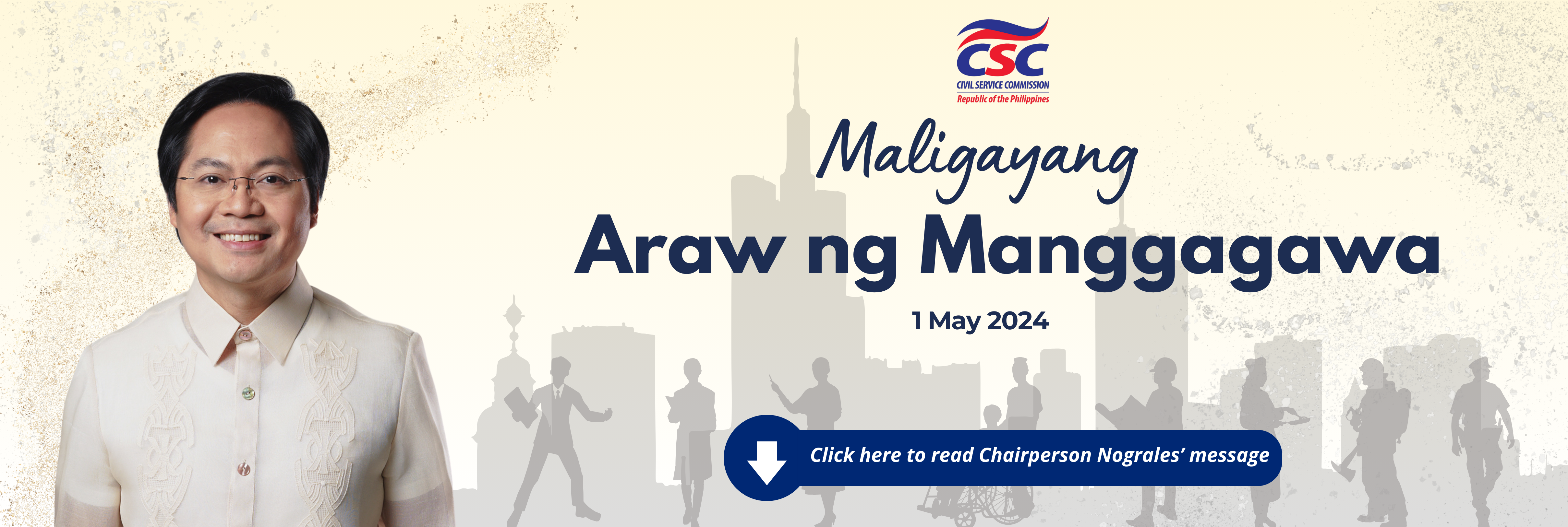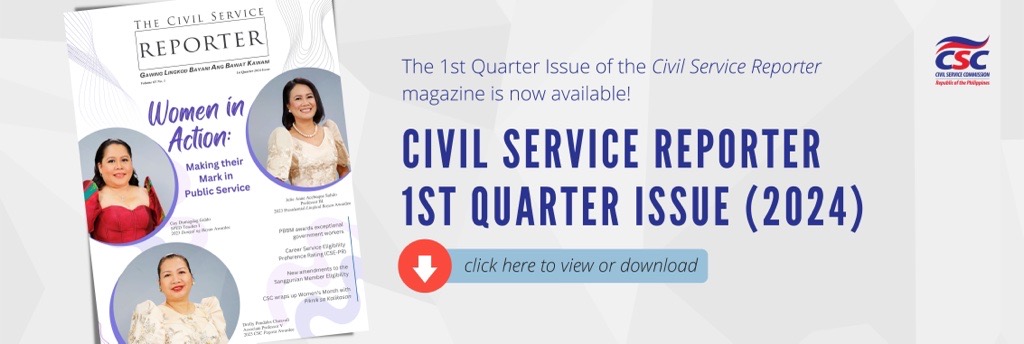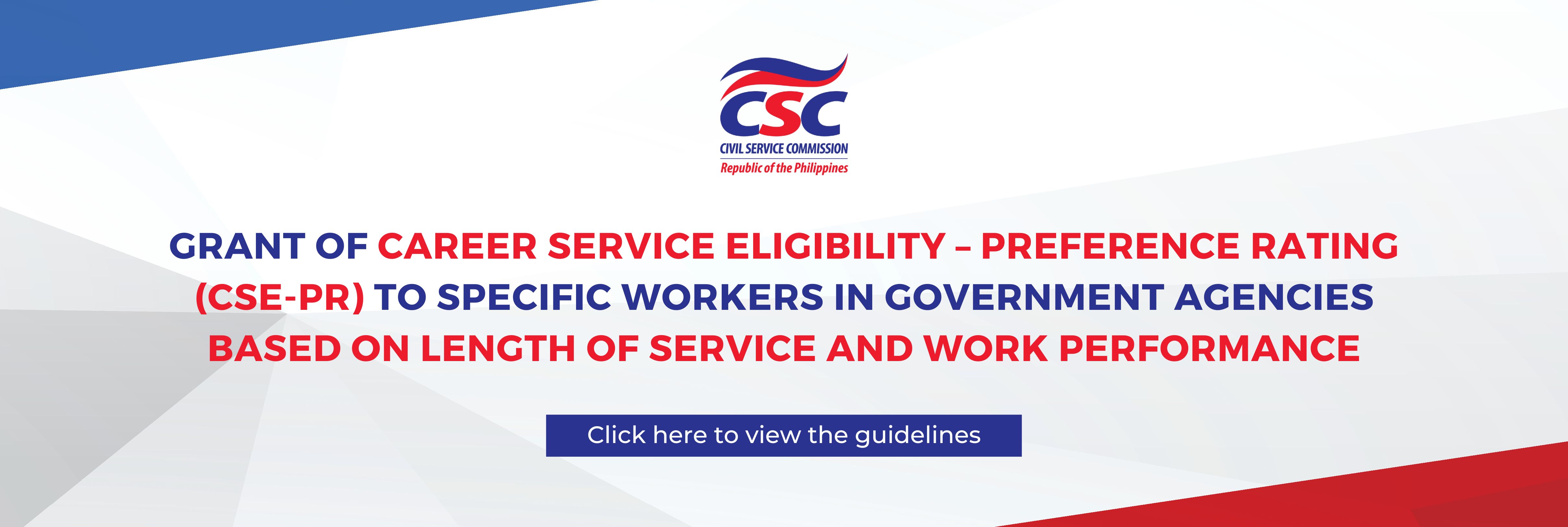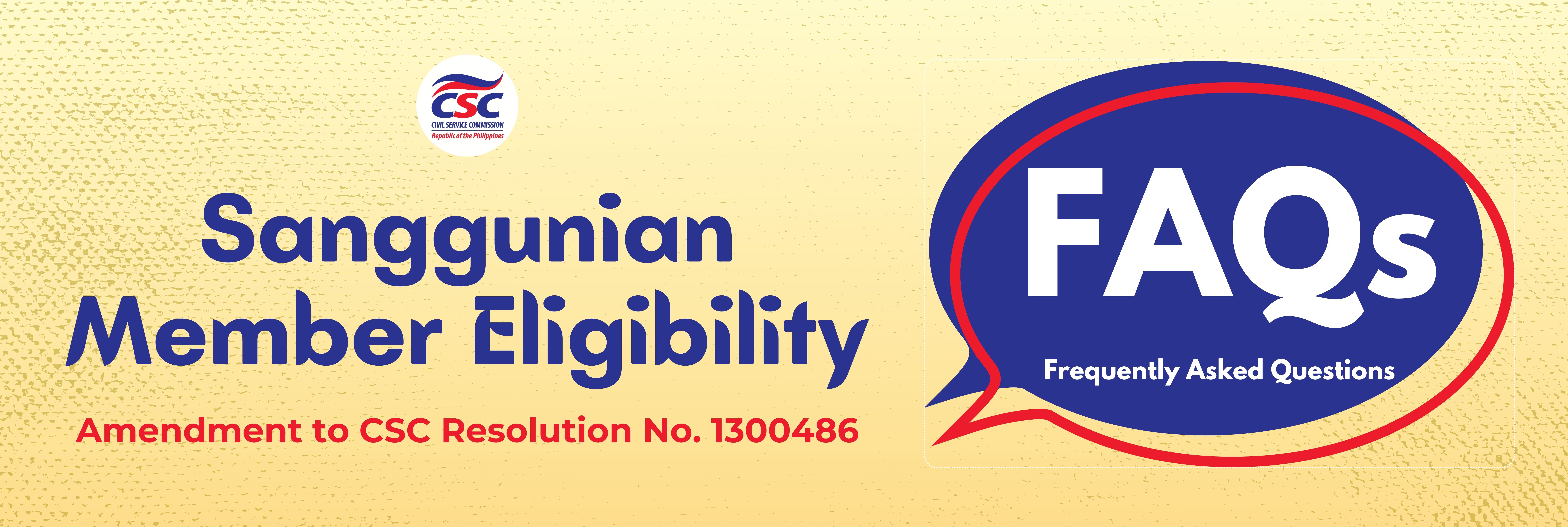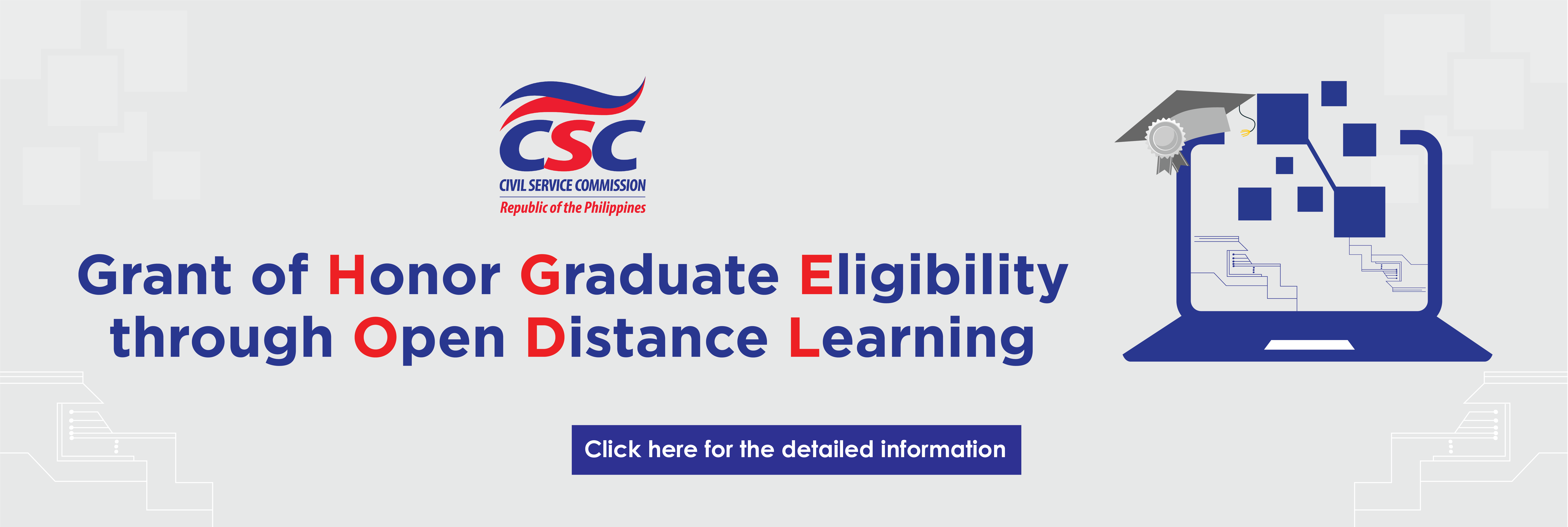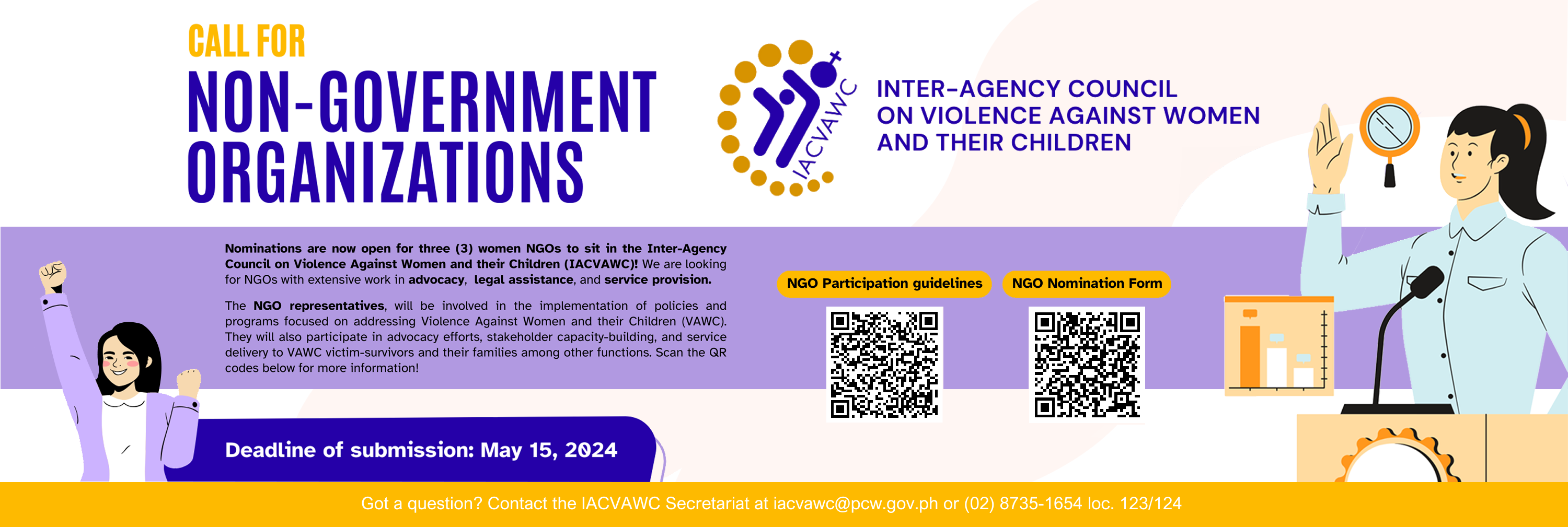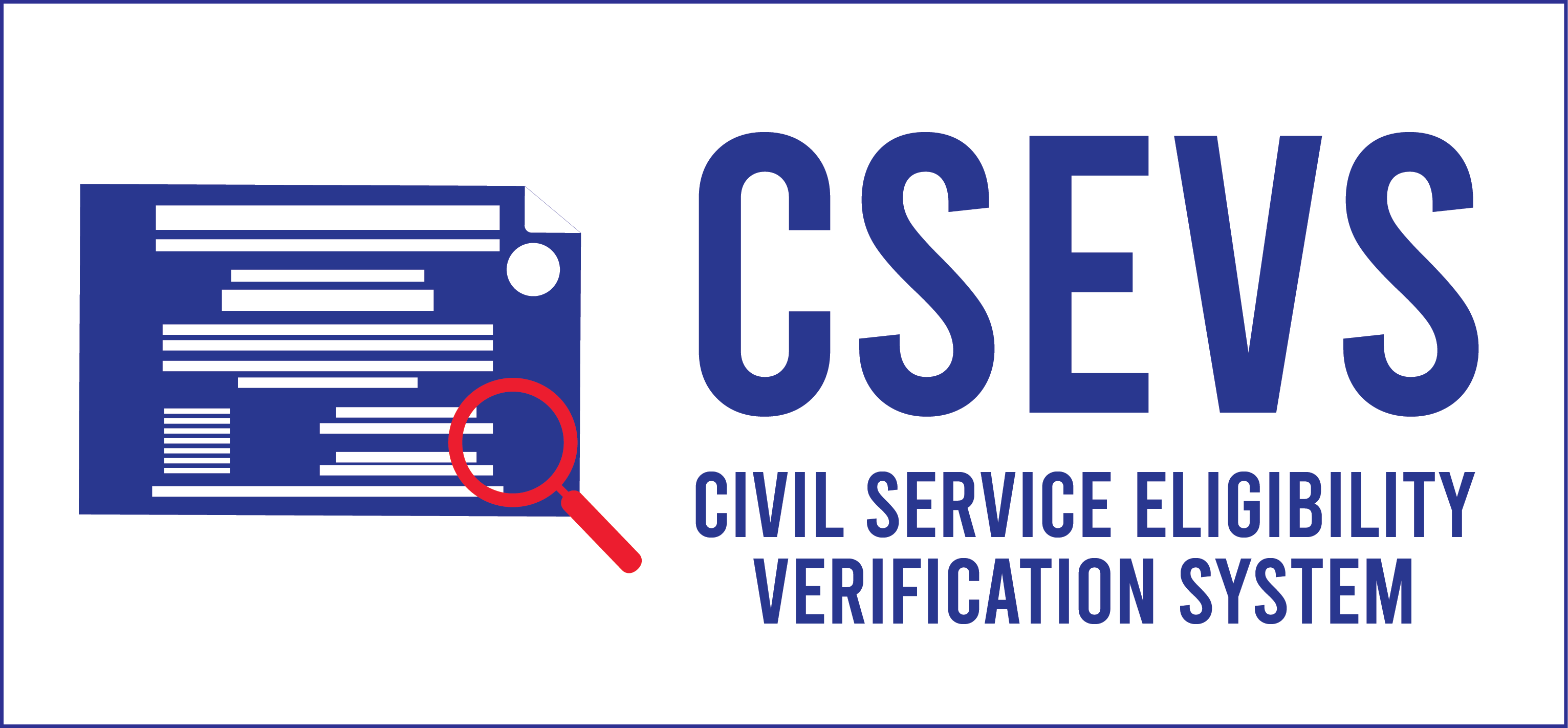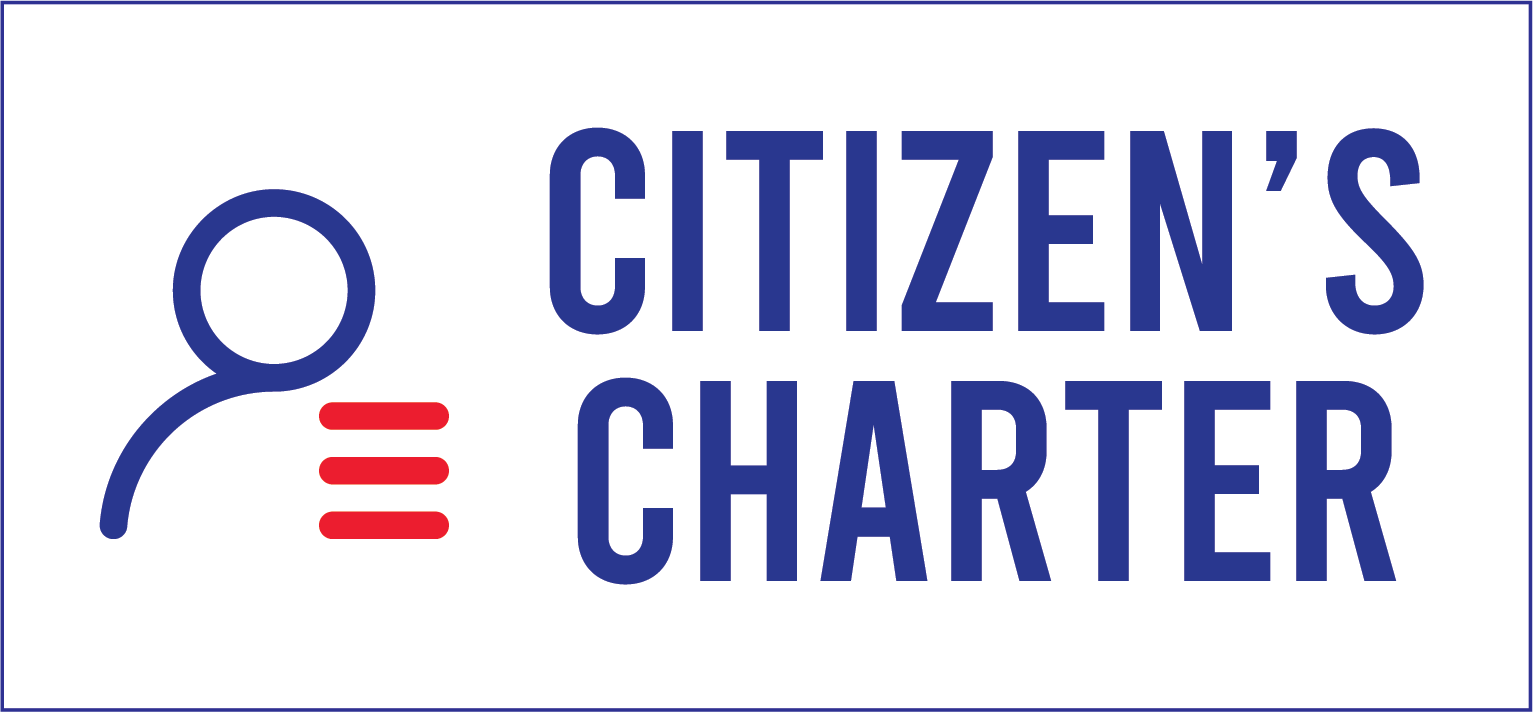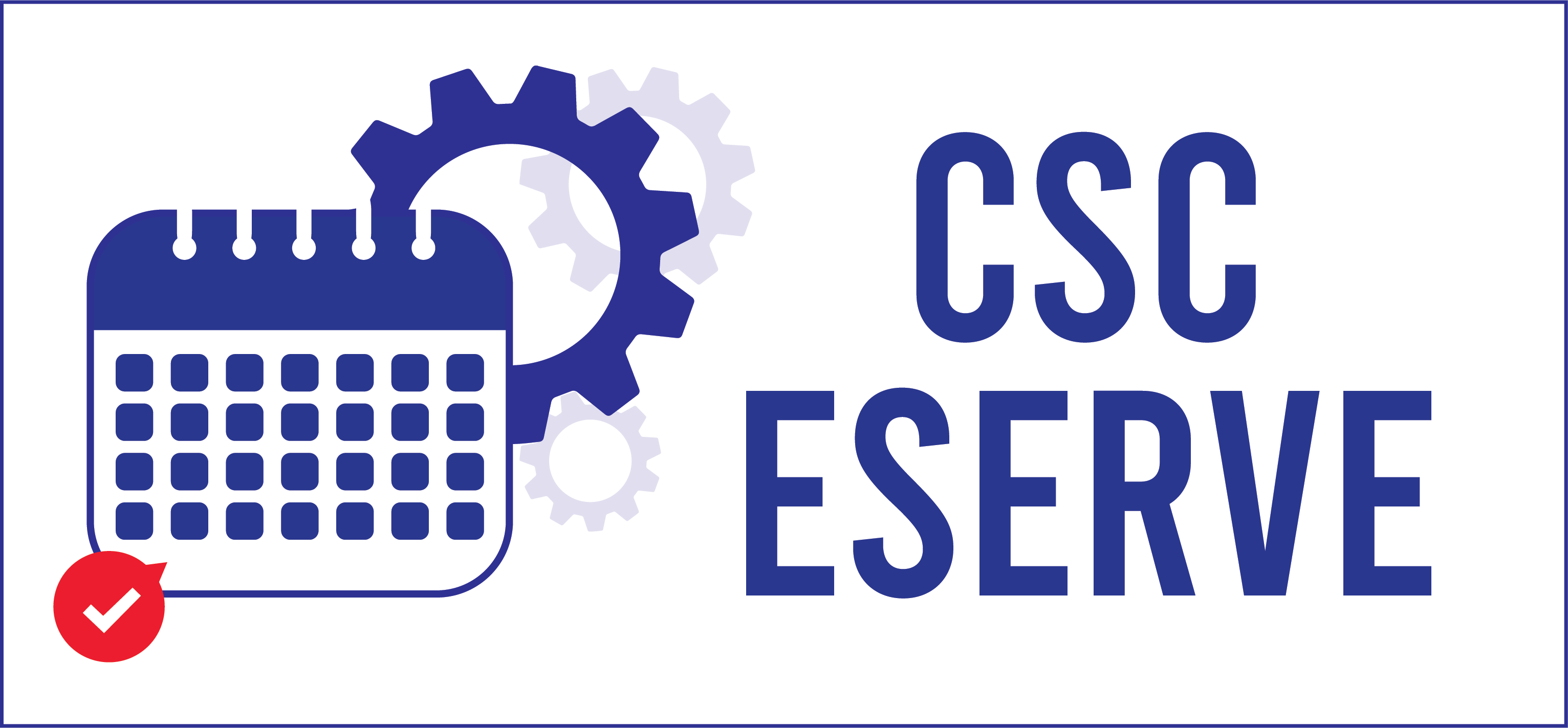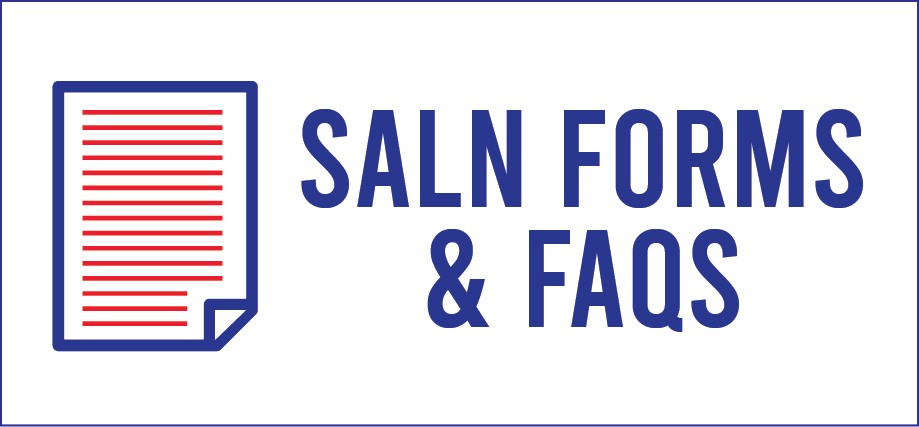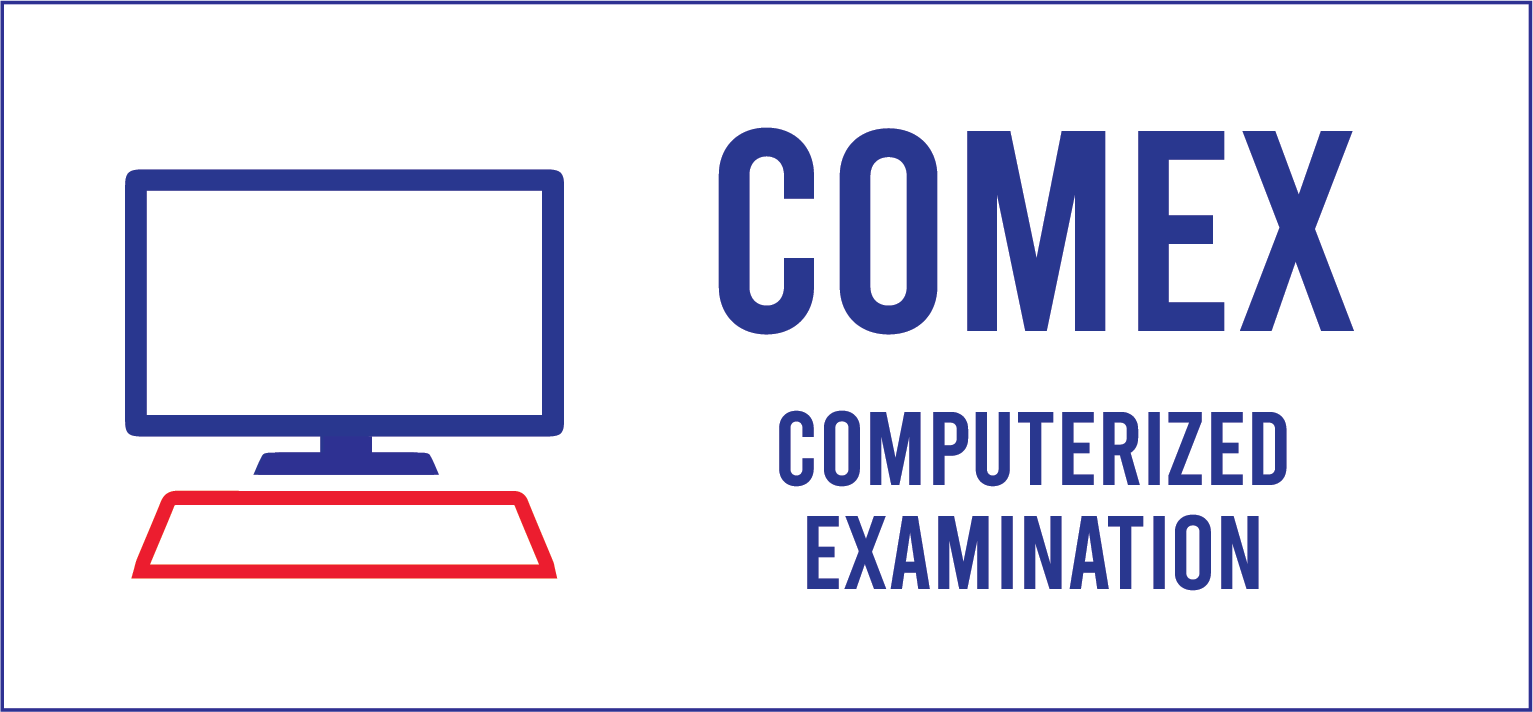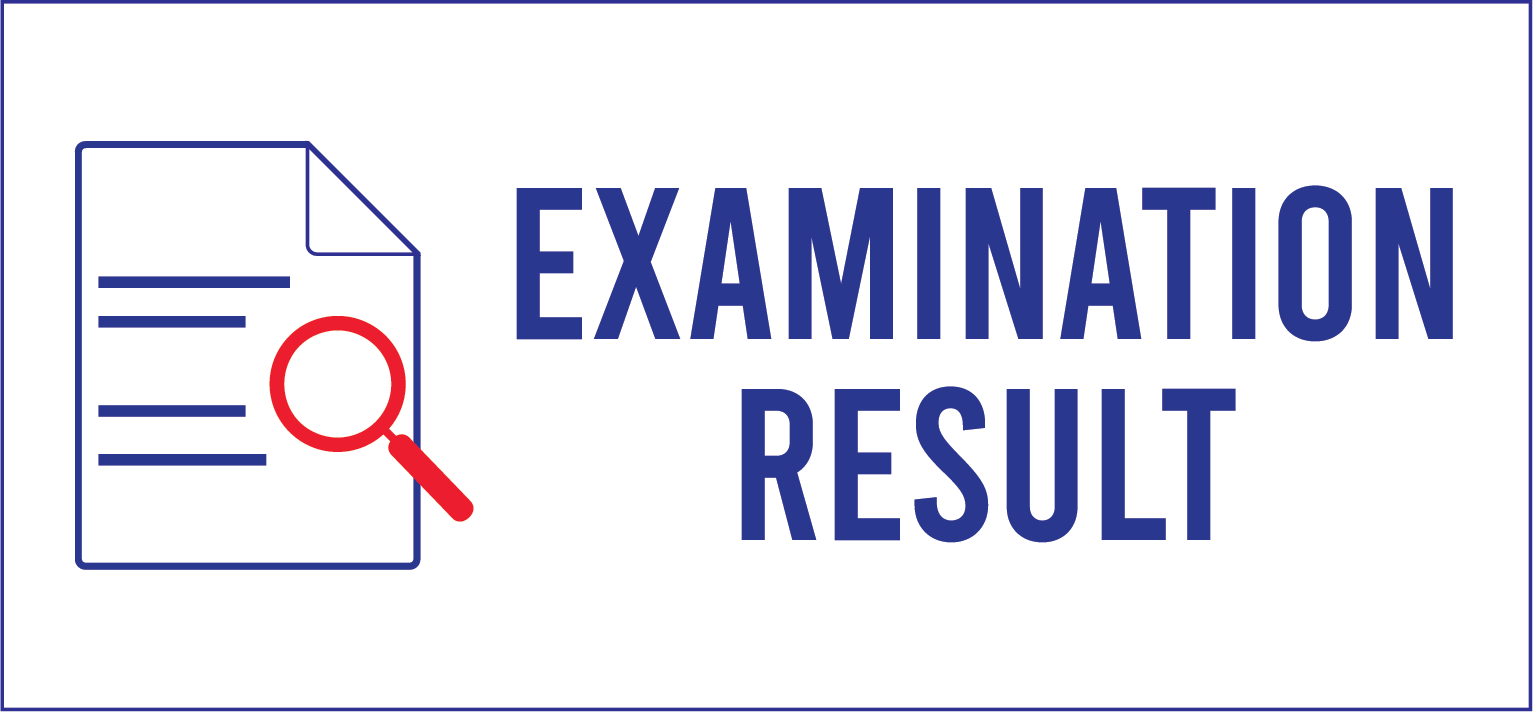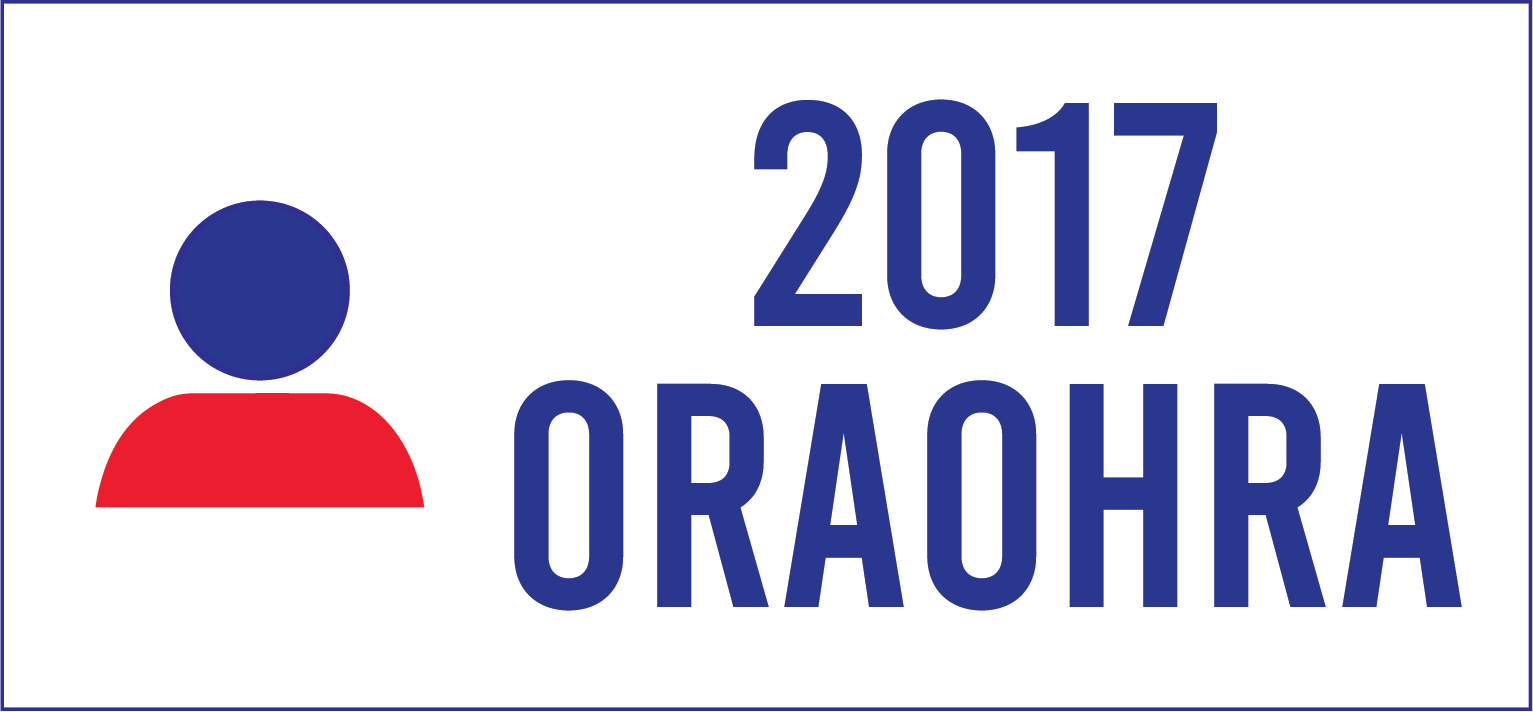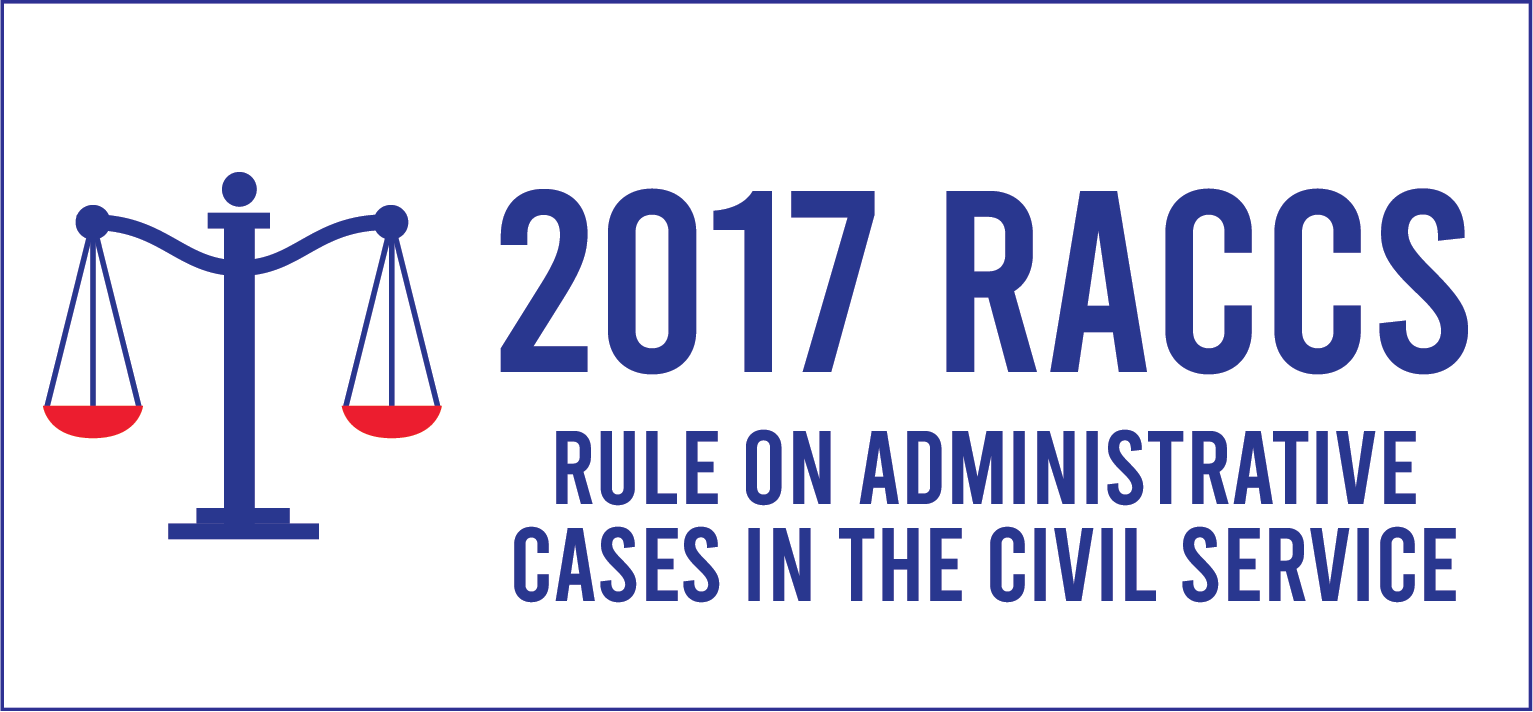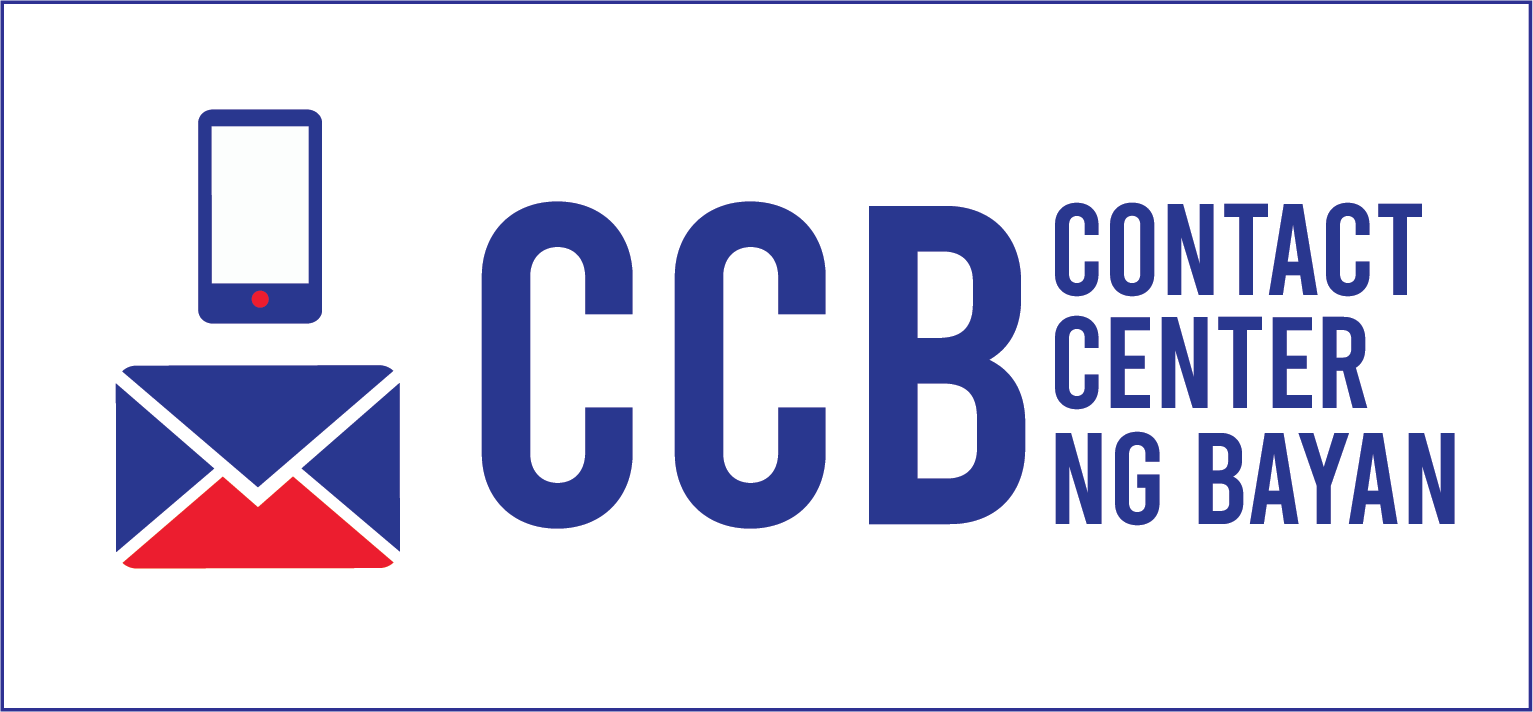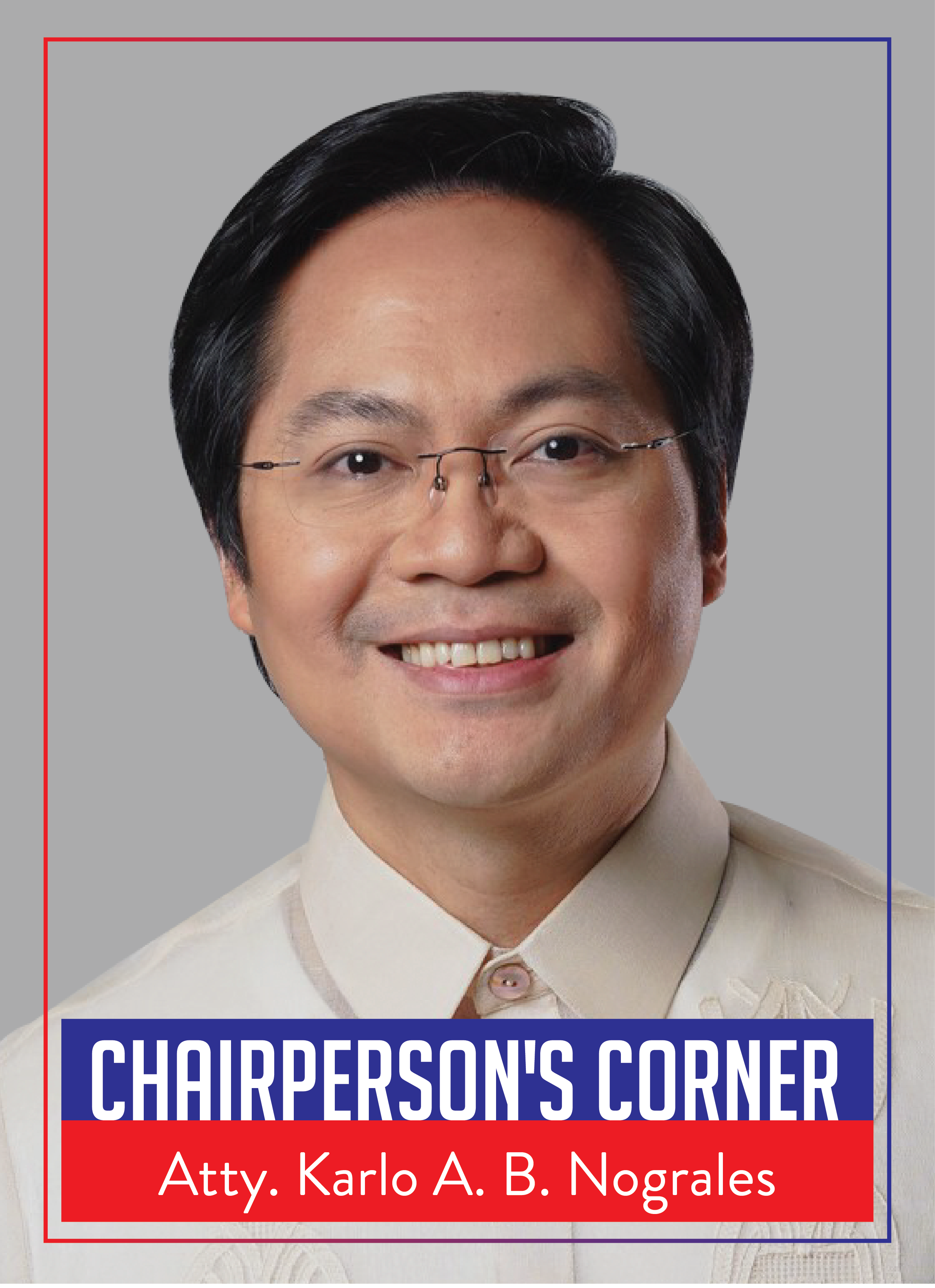In observance of the 18-Day Campaign to End Violence Against Women from November 25 to December 12, the Civil Service Commission (CSC), the central personnel institution of the Philippine Government, called on government agencies to do their share in ending violence against women (VAW) in the workplace.
“It is imperative that workplaces are kept fair, safe, and secure for women as it is where most employed women spend at least one-third of their day. This is specially critical in the public sector where half of the workforce is composed of women,” said CSC Chairperson Alicia dela Rosa-Bala.
Based on the CSC’s Inventory of Government Human Resources as of 31 May 2019, of the total 1,728,641 officials and employees in the career and non-career service, 879,524 or 50.88% are females while 849,117 or 49.12% are males.
She said that VAW impacts on the physical, mental, economic, and social well-being, and when women in public service become the victims, it can hamper productivity and the quality of public services.
CSC Chairperson Bala underscored that VAW can be prevented through effective HR management. “Government agencies bear great responsibility in ensuring that VAW does not thrive in the workplace. HR is key to creating a safe and supporting working environment for women, one which offers not only protection against violent or controlling behavior but also opportunities for empowerment.”
She added, “Agencies need to take a look at their workplace policies and procedures on recruitment, learning and development, performance management, and rewards and recognition and study how these can contribute to eliminating VAW. Do women employees have a voice? Are there equal career and leadership opportunities for both men and women? Is there a reliable system to report and handle sensitive cases such as sexual violence?”
Chairperson Bala also reminded government agencies on their mandate to establish a Committee on Decorum and Investigation (CODI), which shall receive and investigate complaints on sexual harassment, submit a report of its findings to the disciplining authority for decision, and conduct awareness sessions on sexual harassment within the agency or institution.
According to CSC’s Statistical Report on Sexual Harassment, the Commission has received 26 cases of sexual harassment from 2015 to 2019, 14 of which have already been resolved. Of the resolved cases, 13 were decided in favor of the complainant.
Workplace-related violence
As early as 1994, the Commission adopted a Policy on Sexual Harassment in the Workplace through the issuance of CSC Resolution No. 94-2854. The said policy aims to promote a productive work environment where all officials and employees are treated with dignity and respect. It imposes responsibilities on heads of agencies, which include investigating formal complaints of employment-related sexual harassment, providing support or assistance to victims, designating an officer of the agency to be responsible for the investigation and hearing of complaints on sexual harassment, among others.
This was followed by the enactment of Republic Act No. 7877, also known as the Anti-Sexual Harassment Act of 1995, in February 1995. The law aims to guarantee that every learning and working institution is free from any form of sexual harassment. The law values the dignity of every individual and protects the human resources of the country with the guarantee of a productive and safe environment conducive to working.
At present, the rules in handling sexual harassment cases in the public sector have been incorporated into the 2017 Rules on Administrative Cases in the Civil Service or RACCS.
Under the 2017 RACCS, acts that constitute the administrative offense of sexual harassment range from light offenses such as uttering smutty jokes or unwelcome sexual flirtation or advances, to less grave offenses such as unwanted touching or brushing against a victim’s body, to grave offenses such as sexual assault.
Furthermore, an act can be considered sexual harassment even if it occurred outside the workplace, school, or training institution, such as in social functions, official business or travel, or even by telephone or mobile device, fax machine, or email.
Annual campaign
The 18-Day Campaign to End VAW from November 25 to December 12 is an annual observance meant to raise awareness and ignite action for protecting the human rights of women and girls against all forms of gender-based violence. The campaign theme, “VAW-free community starts with Me”, used for years 2016 to 2021, emphasizes on primary prevention to reduce the incidents of VAW, as well as on the role of individuals, institutions, and communities in ending VAW. # # #

